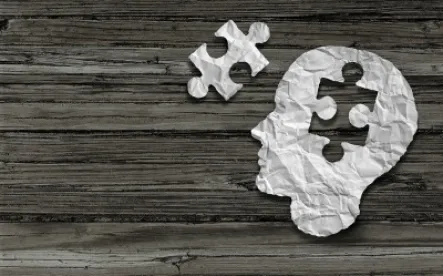Three-dimensional (“3-D”) printing is an innovative way to make products without the expense of machinery in factories. At its core, 3-D printing uses computer code in a computer-aided design (CAD) file to instruct specially designed printers to print three-dimensional physical objects one layer at a time. The process of laying down one layer of material at a time to build the final product is also called additive manufacturing. In addition, 3-D scanners are devices used to create CAD files after optically scanning the outer surface of an object.
In the past decade, the use of 3-D printing has expanded rapidly, in part because the original intellectual property protections on the technology, first invented in the 1980s, expired, making it less expensive to produce the hardware and software involved in the 3-D printing process. Today, 3-D printing is involved in the manufacture of a wide variety of items, from automobile parts to medical devices. With the ready availability of 3-D printers comes the ready availability of potential intellectual property benefits and problems that are associated with this relatively new technology. If you have invented a 3-D printed product or have a new printing process, remember to consult an intellectual property lawyer before marketing it.
3-D Printing and Copyrights, Patents, or Trademarks
Copyrights
Copyrights are typically used to protect against the unauthorized reproduction of the creative expression in audio and visual works, including sculptural works. You can seek copyright protection in the code used to program the 3-D printer, as well as the final 3-D printed object (or sculpture) itself. However, if your 3-D printed work relies on the files created by another, or is the result of scanning the sculpture of another, you may have to make proper attribution of ownership to the file owner. Otherwise, unlicensed use of the file or object for your own 3-D printing could be deemed infringing upon the derivative rights of other copyright owners. Take care in such situations to avoid unintended problems.
Patents
The functionalities and any new and unobvious structures created by 3-D printing technologies may be the subject of a utility or a design patent. But take care, when seeking to protect the functionality or final product, to ensure that it sufficiently distinguishes itself from what has come before. For example, you will not be able to patent a product made by 3-D printing merely because it was 3-D printed, unless the 3-D printing provides some new or unexpected results in the final product. However, the process of 3-D printing an object that was previously made only by a different process may be patentable. Be sure to consult with an experienced patent attorney on how best to claim your new 3-D printing innovation so that it is worthwhile.
Trademarks
Trademark and trade dress issues arise from 3-D scanning of well-known articles and other designs in the hopes of marketing them as your own. Such situations create trademark infringement concerns, so take care to avoid any misuse of the source identifiers of others. Those with concerns over trademark infringement may consider contacting the source of the 3-D print to obtain clearance to make products using the source. An example of this is a 2014 initiative by Hasbro, Inc., the toy company that owns the My Little Pony intellectual property. Hasbro formed a partnership with Shapeways, a 3-D printing marketplace. This partnership enables fans to create and 3-D print their own My Little Pony fan art figurines without fear of infringing on Hasbro’s trademark. Whether such a solution is available or necessary will depend on your goals and desires, which you should discuss with an experienced intellectual property attorney specializing in trademark law.



 />i
/>i

